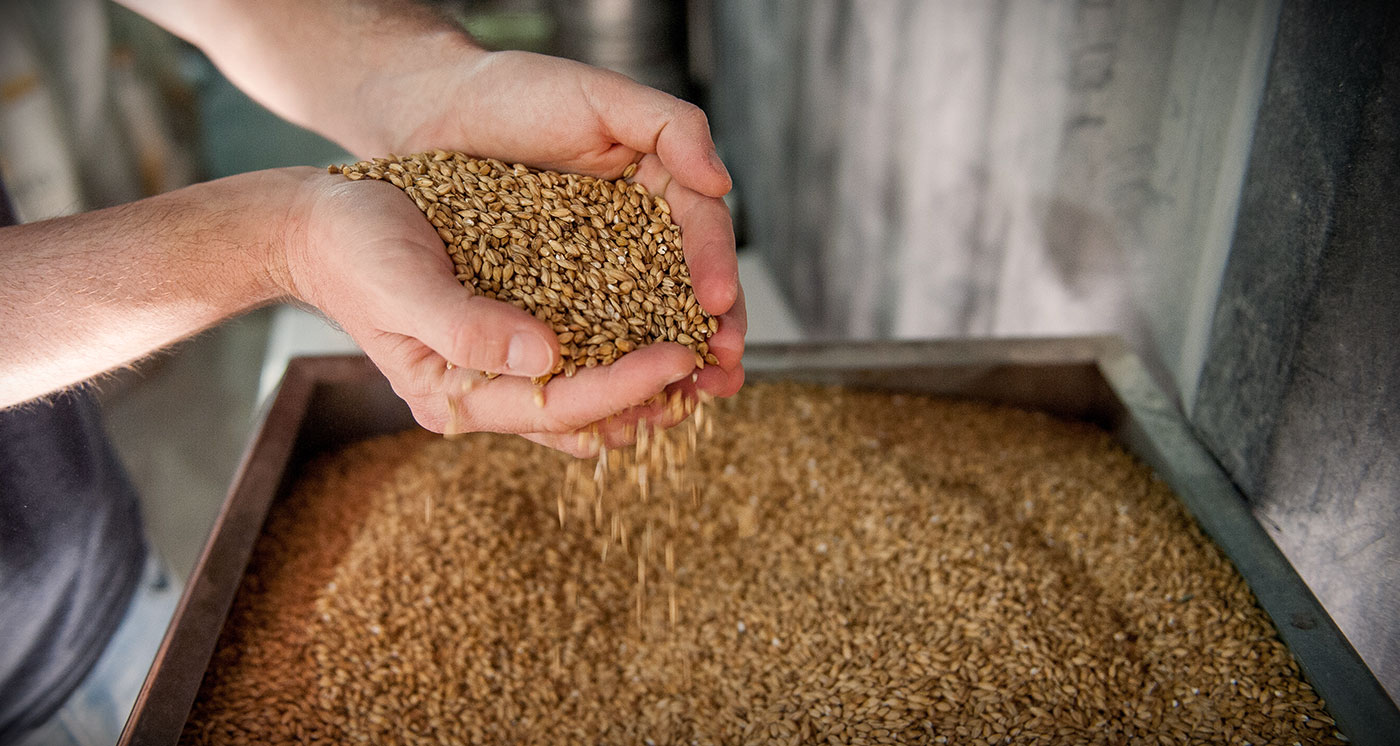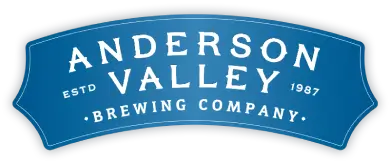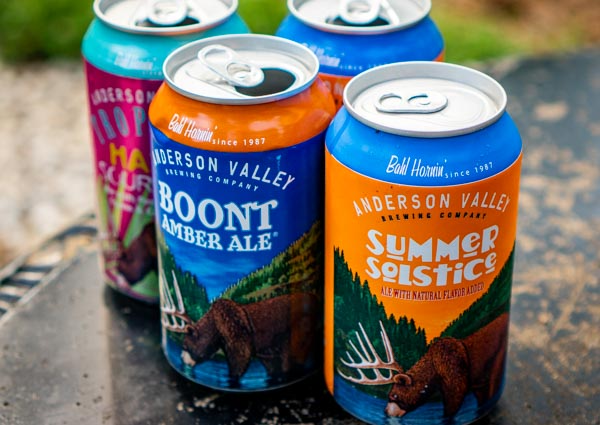
The Mighty Malt
Brewmastery: Malt 101
Malt is the term for grain that has been sprouted: allowed to grow for a short time and then dried once shoots appear to stop germination. Afterwards it’s usually kilned by “toasting” it a little further, which removes some water content and adds to the bready and toasted flavors we associate with beer. Just like coffee beans, malt can have a different roast depending on what style of beer it’s intended to produce. Some malts are heavily roasted and used to make dark beers, like stout, while pilsners are brewed with a lightly toasted malt. In addition to providing flavor, malt also supplies the necessary sugars to feed the yeast and maintain fermentation.
What’s Malt Made Out Of?
Malt is typically grains of barley or wheat. However, it could be produced from any grain such as rye, or spelt. If it sprouts, you can malt it.
Where Do We Get Our Malt?
Almost all of our malt at AVBC comes from the closest possible sources—eastern Washington and Idaho. This not only saves us money and burns less petroleum in shipping, but we’re able to patronize US malt producers that are among the best in the world.
How Much Malt are we Talking About?
A lot. We buy the majority of our malt in bulk (that’s 48,000 lbs per truckload) and we have four separate grain silos for our base malts. We get some of our other malts in 25kg bags via a shipping container, which can only fit in about 40,000 lbs. This results in a little higher shipping costs for the bagged malt and more fuel per kg of malt shipped. We are looking at alternatives to 25 kg bags, like super sacks, and we do reuse and/or recycle all the plastic malt bags when they are empty.
Milling the Malt
Once the brewery receives the malt, it’s milled and the husks are cracked open. We remove and particalize (without pulverizing) the starch (or endosperm – the white chalky material) that resides within, all while leaving the husk as intact as possible. An ideally milled malt would have the majority of the husks split longitudinally without further breakage and with no endosperm left attached. The endosperm, once removed, would be further reduced to uniform small particles that are the size of small grains of sand while the husks are important because they provide a matrix that forms a filter bed in the mash.
Mixing the Malt
Once the grain has been cracked and the starch exposed we mix it in hot water to create a porridge-like substance where the hot water releases enzymes that are naturally present in the malt. These enzymes break down the long chain starch to simple sugars which the yeast will be able to eat later in a part of the process called fermentation. Its a simple process but can get complicated since different enzymes activate at different temperatures and you can dial in the size of the resulting sugar molecules by close temperature control—all of which can have effects on the flavor and mouthfeel of the beer.
Making the Most of Our Spent Malt
After we extract the sugar from the malt to make the beer what’s left is called “spent grain.” Even spent grain contains a small amount of sugar, as well as a significant amount of protein and amino acids. All our spent grain is picked up by a local farmer and taken to his farm, right across the street from our brewery, where he uses it for animal feed. His family primarily raises cows, but they have chickens and some of the best fed pigs in Boonville.
Environment First
Our goal here at Anderson Valley Brewing is to make delicious beers of distinction and to do it in an environmentally responsible way. One of the things that’s important to us is to continue our long practice of recycling or repurposing all the materials we use for making beer—and grain is a big part of that. We want everyone to not only enjoy the taste of our beers but feel good about the manner in which they were made. We rely heavily on nature to provide us with the best ingredients and it’s our commitment to make sure we return the favor.
Fal Allen
Brewmaster
Anderson Valley Brewing Company


